Visa Restrictions Choke U.S. Economy, Tourism Slump Spurs $17 Billion Backlash
Input
Changed
Tighter Visa Rules and Deportations Slash Tourist Arrivals Hotel occupancy rates plunge across the board Losses projected to reach as much as $12.5 billion
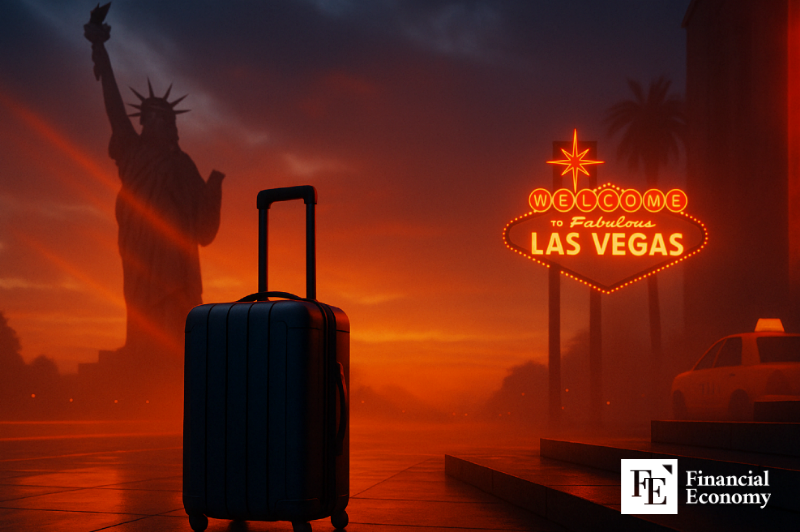
The U.S. hotel industry is taking a direct hit from the decline in international tourists. Even during the summer peak season, occupancy in major cities shows no sign of recovery, with profitability deteriorating sharply, particularly among mid- and low-tier hotels. While the economic slowdown is a primary factor, tightened immigration and visa policies, coupled with expanded tariffs targeting allied nations, are seen as compounding external pressures.
Tourist Decline Hits Las Vegas and Other Key Destinations
According to Tourism Economics on the 11th (local time), foreign tourist spending in the U.S. this year is projected to fall more than 4% from last year, translating into a loss of about $8.3 billion. The World Travel & Tourism Council (WTTC) has warned that losses could reach as high as $12.5 billion.
Global research firm STR reported that in April the average occupancy rate across U.S. hotels stood at 63.9%, down 1.9 percentage points year-on-year. Revenue per available room (RevPAR)—the average revenue generated per available room per night—slipped 0.1% to $103.11. For the second quarter as a whole, occupancy declined 1.4 percentage points while RevPAR fell 0.5%. Global hotel chains have revised their outlook downward: Hilton cut its annual RevPAR growth forecast to around 2%, and Marriott trimmed revenue growth expectations to between 1.5% and 2.5%. Goldman Sachs slashed its RevPAR growth projection for leading U.S. hotels from 1.4% to 0.4% and downgraded related stocks.
The downturn is particularly pronounced in budget and mid-tier hotels in core tourist hubs such as New York and Las Vegas. In June, visitor arrivals in Las Vegas totaled 3.09 million, down 11.3% from a year earlier. Average hotel occupancy fell 6.5 percentage points to 78.7%, while RevPAR plunged 13.8%. Despite the peak travel season, the sharp drop in arrivals has forced some hotels to roll out steep discounts to attract guests.
Anti-Immigration Policy Fuels Traveler Reluctance
The slump in tourist numbers and hotel earnings is largely attributed to Washington’s increasingly stringent immigration and visa regime. A pilot program requiring tourist visa applicants to post bonds of up to $10,000 remains in effect, while from October a $250 “visa integrity fee” will be imposed. Waivers for in-person interviews have been curtailed, meaning most applicants must undergo face-to-face vetting. In addition, the government has announced ongoing re-screenings for 55 million existing visa holders, further discouraging potential visitors.
Hardline immigration crackdowns and mass deportations have amplified unease. With the Trump administration making these policies a central campaign issue, even tourists are experiencing heightened psychological barriers. In Europe, a mix of tariff disputes and viral accounts on social media of excessive searches or even deportations at U.S. borders have fueled a wave of cancellations.
Washington’s decision to slap steep tariffs on steel, autos, and other key exports from traditional allies—including Canada, Mexico, South Korea, Japan, and the European Union—has also inflamed anti-American sentiment. In Canada in particular, calls to avoid U.S. travel are spreading, accompanied by a rise in cancellations.
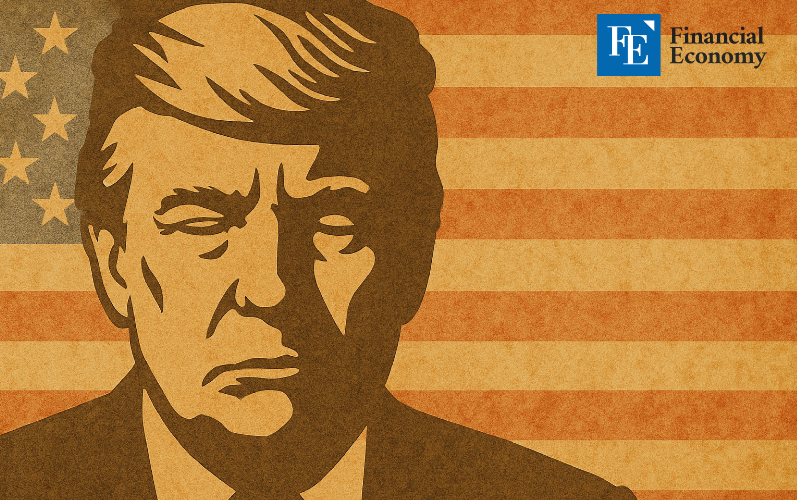
Crackdown on Foreign Students Adds to Blowback
The administration’s sweeping crackdown on foreign students is also feeding into the tourism industry backlash. Beyond undocumented immigrants, international students and holders of exchange visitor visas are now being subjected to deportation orders. Yet these groups contribute to the U.S. economy not only by paying tuition but also as consumers in sectors ranging from food and services to healthcare and tourism. In 2023 alone, foreign students contributed $11 billion to the U.S. tourism industry.
The aggressive stance toward students has opened opportunities for competitors abroad. Leading French business schools are moving swiftly to capture displaced demand, extending application deadlines and offering expedited admissions to students barred from the U.S. by visa restrictions. Grenoble École de Management and ESCP Business School have launched tailored programs for those accepted into U.S. universities but stranded by visa issues. At Sciences Po in Paris, applications for master’s programs have surged 26% year-on-year, underscoring how interest is converting into real demand.
Germany has gone a step further, proposing an “Exile Campus” initiative for international students blocked from enrolling at Harvard University. Culture Minister Wolfram Weimer declared, “Germany values education and diversity, and we stand ready to welcome students unable to continue their studies in the United States.” Far from a stopgap, the initiative signals Berlin’s ambition to play a leading role in the global competition for talent.
Japanese universities are also preparing to absorb displaced students. Kyoto University has begun formally reviewing plans to host international students and young researchers who can no longer continue studies in the U.S. Tokyo University President Teruo Fujii confirmed that contingency measures were under review to accommodate Harvard students unable to remain enrolled, with a target of implementing necessary frameworks by 2025.


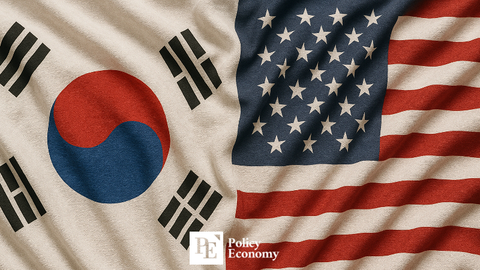
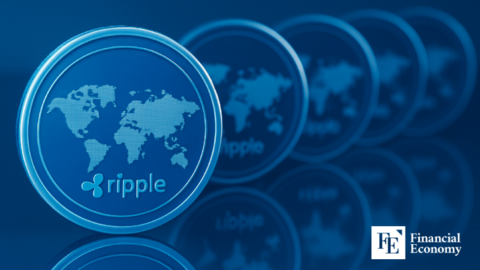


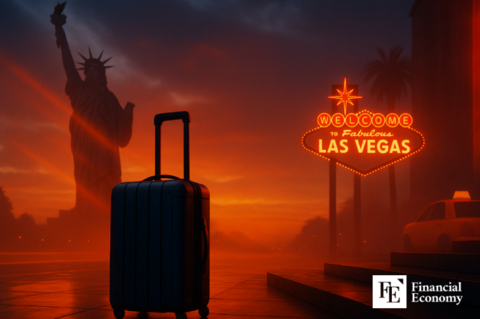
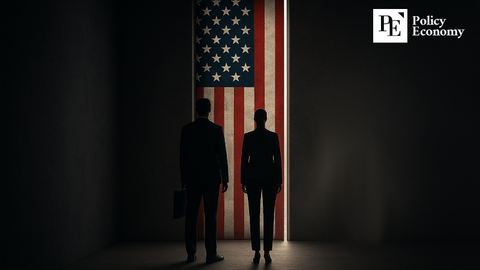














Comment